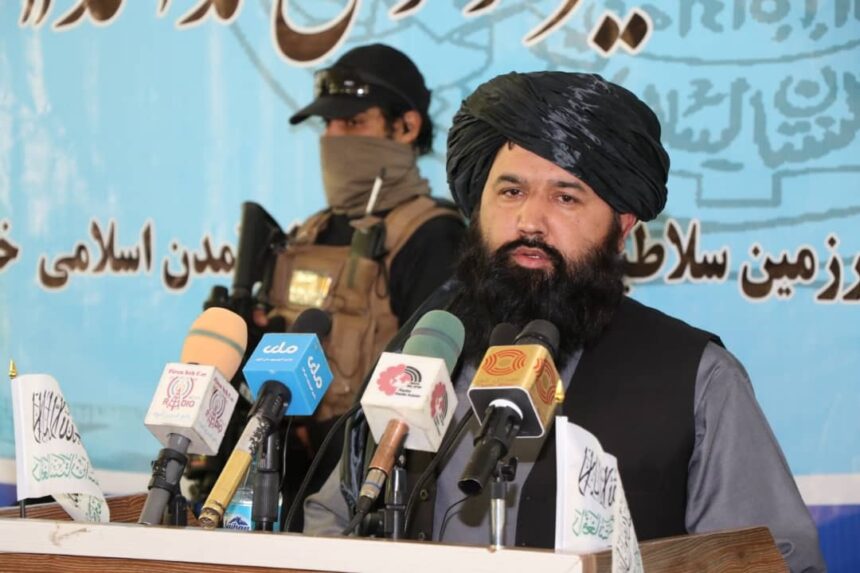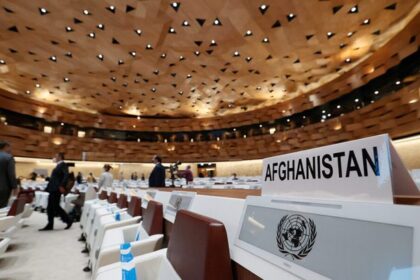RASC News Agency: Neda Mohammad Nadim, the Taliban’s Minister of Higher Education, declared in a meeting with Tariq Ali Bakhit, Assistant Secretary-General of the Organization of Islamic Cooperation (OIC) and its special envoy for Afghanistan, that the previous education system failed to address the country’s contemporary needs. As a result, the Taliban have restructured the curriculum in accordance with religious and Pashtun-Afghan values. On Tuesday, February 18, the Ministry of Higher Education under the Taliban officially announced Nadim’s meeting with the OIC envoy, during which the two discussed the current trajectory of Afghanistan’s academic institutions under the group’s rule.
Nadim asserted that since the Taliban assumed control of Afghanistan, they have achieved significant progress in revamping the nation’s education sector. He emphasized that the revised curriculum is deeply rooted in Islamic teachings, stressing that the Taliban prioritize both religious and contemporary sciences. Meanwhile, Tariq Ali Bakhit reaffirmed the OIC’s commitment to supporting the Afghanistani people across multiple sectors. Representing 57 Islamic nations, he assured that the organization would continue its efforts to facilitate Afghanistan’s development and progress.
However, these statements come amid the Taliban’s systematic suppression of female education, a ban that exists nowhere else in the Islamic world except Afghanistan. Since their return to power, the Taliban have indefinitely barred Afghanistani women and girls from attending schools and universities, dismantling decades of educational progress. Nadim, known as one of the most hardline figures within the Taliban’s leadership, has previously prohibited the live broadcasting of images from Afghanistan educational institutions, declaring it contrary to Islamic law. Even during his meeting with the OIC envoy, he reportedly forbade any form of photography or video recording.
While the Taliban claim to have implemented an education system based on “Islamic and Afghan values,” religious scholars argue that the group has essentially reconstructed Afghanistan’s academic framework around Pashtun tribal traditions, repackaging it under the guise of “Sharia and Islam.”






